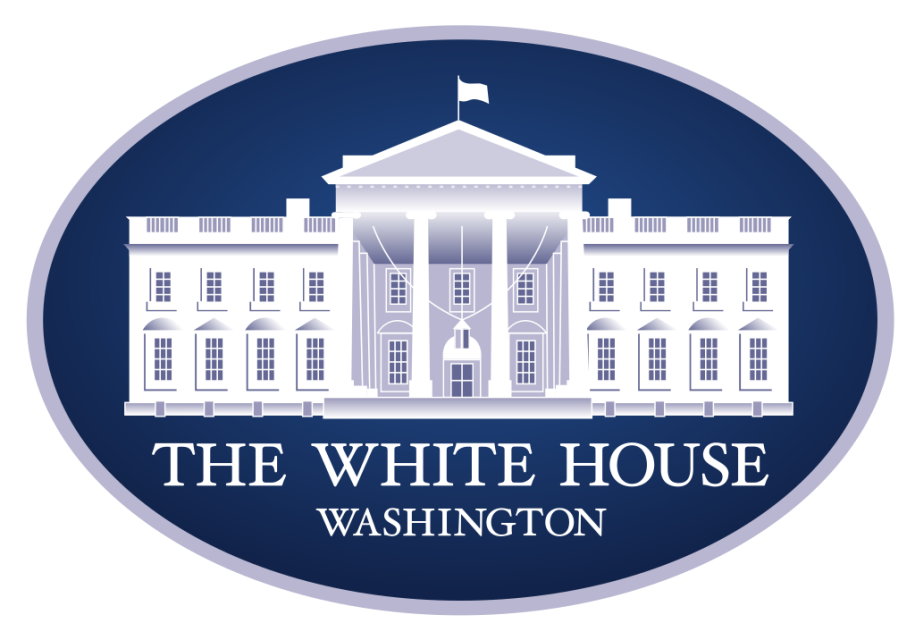In honor of National Kinship Care Month, Administration releases a historic package of regulations to ensure children in the child welfare system thrive
The more than 391,000 American children and youth living in foster care deserve to grow up in safe and loving homes devoted to their health, happiness, and success. These are often our most vulnerable children, and we have a solemn responsibility as a country to ensure they grow up healthy, supported and with as much opportunity as all other children.
From day one, the Biden-Harris Administration has taken action to protect children and youth in the child welfare system, support the thousands of dedicated kinship and foster families who are a critical resource to children and families in times of need, and invest in community-based child abuse and neglect prevention programs that help to prevent the conditions that lead to kids entering foster care in the first place.
Today, and in recognition of National Kinship Month, the Biden-Harris Administration is building on this progress and releasing three landmark regulations to strengthen services and supports for children and families in the child welfare system. Specifically, the regulations will:
- Support kinship caregivers – family members and loved ones who step forward to care for a child in foster care – by making it easier for them to access resources and financial assistance.
- Protect LGBTQI+ youth in foster care from abuse and mistreatment and ensure they have the services they need to thrive.
- Expand access to legal services for children and families at risk of entering or in the child welfare system.
Taken together, this landmark package of new rules, issued by the Department of Health and Human Services (HHS) Administration for Children and Families, will advance equity in the child welfare system and have a profound impact on the safety and wellbeing of families across the country.
Support kinship caregivers. When parents are having a difficult time safely caring for their own children, it is often grandparents, aunts, uncles, and other relatives who step forward to provide a loving home for those children, either temporarily or permanently. These kinship caregivers help children stay connected to their families and cultural identity, and research shows that children in foster care who are able to live with their kin experience less trauma. But for too long, federal regulations imposed significant burdens on these kinship caregivers by making it harder for them to become foster families. Today, HHS has issued a final regulation that will allow states to simplify the process for kinship caregivers to become foster care providers, and require that states provide these family members with the same financial support that any other foster home would receive. This regulation will help families across the country care for children in their extended family, and receive the resources and financial supports they need and deserve. These changes will advance the Administration’s priority of equity for families who have been underserved and adversely affected by persistent poverty.

